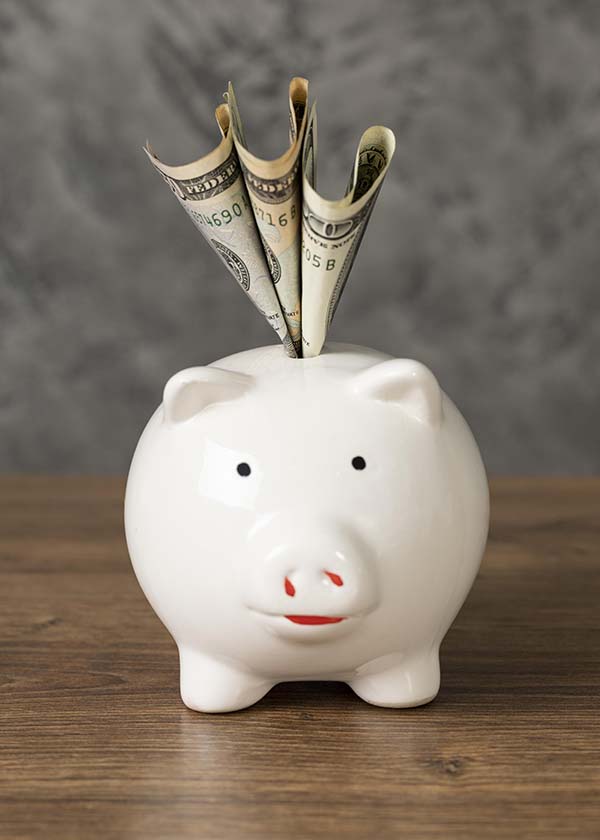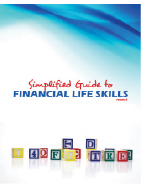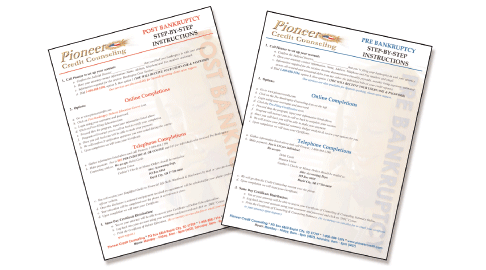Get Back in Step
You don’t have to think about any more eggnog for another 12 months, and half the toys you bought are broken or missing. It must mean that Christmas is over. For those who followed their budget and paid for everything with cash, well done. For everyone else who bought a couple of extra presents or charged the Christmas duck, don’t worry you can bounce back.
Start off by putting those credit cards away. Don’t use them to pay for groceries and certainly don’t use them to buy anything you don’t need. You don’t want to add to your additional debt or you will continue to take two steps back for every step forward.
Adjust your budget and make changes to account for the extra expenses. You are going to have to find some money to catch you up. So if you have a budget you may need to lower one category in order to make more room for your debts. If you don’t have a budget, now would be a great time to start one so you know where all of your money is going and how to adjust accordingly. Page 3 features an article on how to start a budget today.
Don’t hide from your bills or creditors. You will only cause more problems if you ignore your bills. You will be better off trying to negotiate a payment plan with your creditors. Most creditors are expecting to be avoided after the holidays. You also don’t want to pay just the minimums on your credit cards.
Fees and interest eat up minimum payments so you need to make larger payments to get the balance down and pay the debt off faster. You may be able to negotiate with your creditors to set up a payment plan that corresponds with your payment schedule. It may be easier for you to come up with a payment every two weeks, rather than coming up with a larger payment every month.
Start your Christmas budget sooner and follow it. Christmas is the same day every year, December 25th, yet so many of us are surprised by the holidays and feel like it snuck upon us. So this year, start early. After you recover from this year, put money away each month or from each paycheck so you can use it for Christmas spending. There are accounts that you can open that are strictly for Christmas funds. Commit to yourself that you will contribute to it regularly. Next Christmas will be a lot less stressful when you can buy all of your presents with cash and not have it affect your finances at all.








